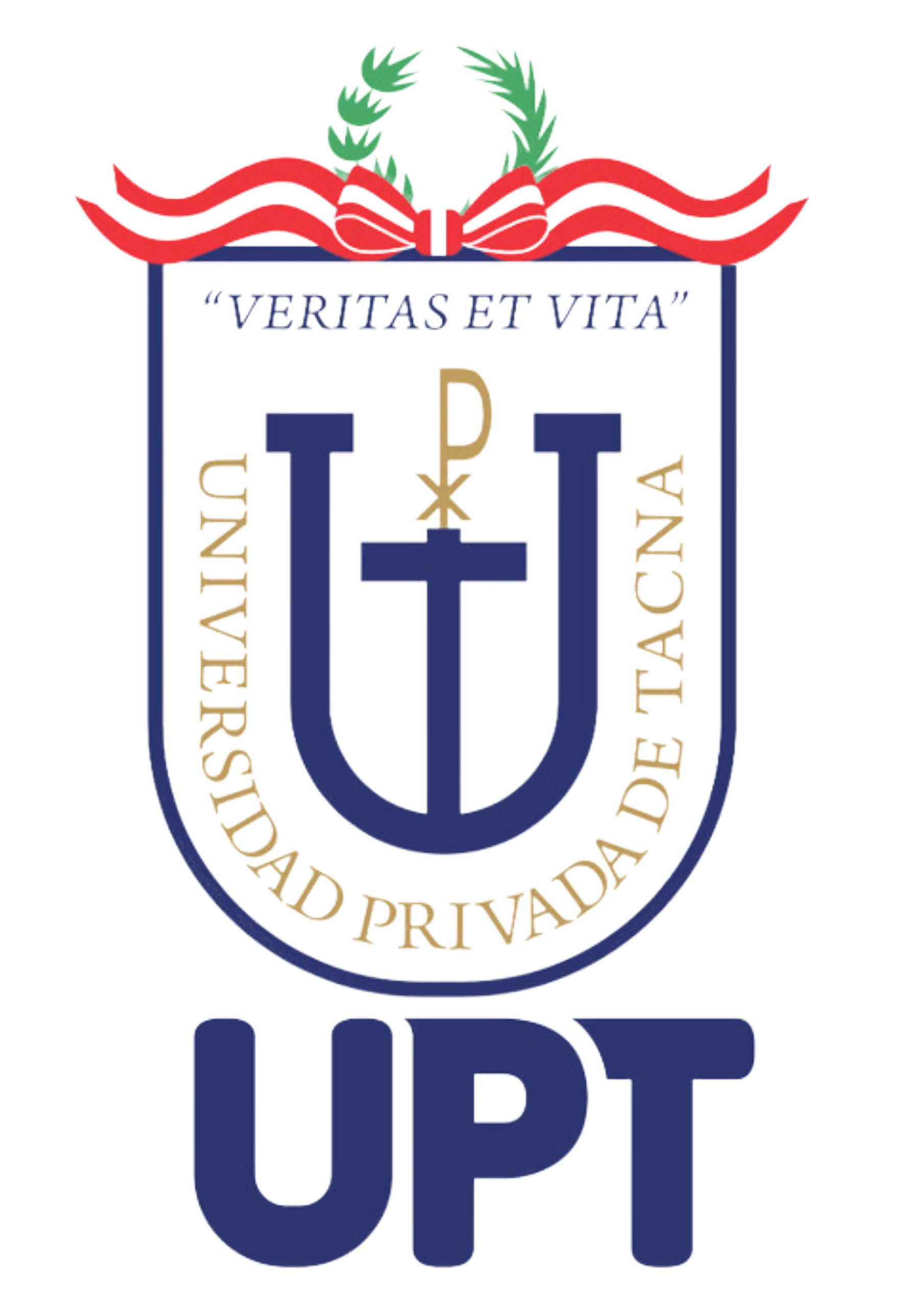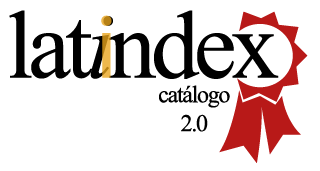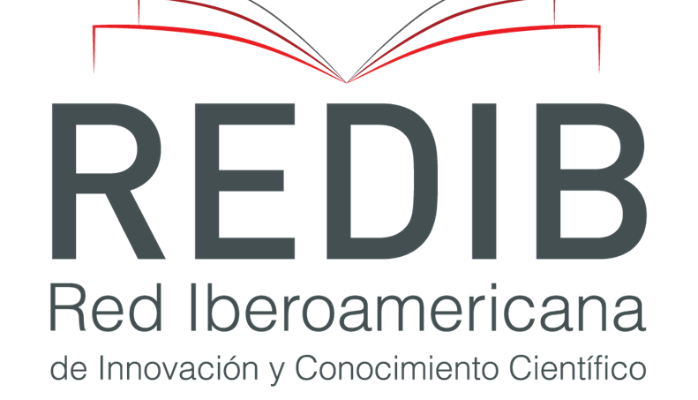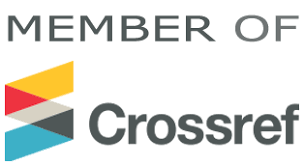Publication Ethics Policy
Ingeniería Investiga subscribes to the code of ethics for the actions and performance of the actors involved in the publication process (editors, editorial board, authors and reviewers) established by the Committee on Publication Ethics (COPE) and available at publicationethics.org.
Responsibility of the Editorial Board
The Editorial Committee is responsible for ensuring the quality of the articles published in the journal, therefore, in order to ensure that the published contents reach the highest standards, the Committee adopts a series of good editorial practices, in its attributions, as well as in its relationship with the other actors, ensuring in turn, these adhere to the code of ethics. The responsibilities of the editorial committee are:
- Evaluate and improve the editorial process through feedback from authors, readers, reviewers and the editorial board.
- Evaluate new trends and innovations in refereeing and journal editing processes in order to implement improvements in the journal.
- Seek appropriate training means to perform efficiently in order to improve the quality of the journal.
- Monitor for misconduct and adhere to initiatives designed to prevent scientific fraud.
- Evaluate the effects of the journal's policies on authors and reviewers to improve them where appropriate with the aim of encouraging good practice.
Relationship with readers
The Editorial Committee of the Ingeniera Investiga journal expresses its ethical commitment to its readers by guaranteeing contents with high quality standards in all aspects. To this end, they will be guided by the following commitments:
- Ensuring that manuscripts have been evaluated by qualified referees.
- Verifying that the sections without evaluation are properly identified.
- Welcoming practices that promote accuracy, completeness, and clarity in research articles.
- Seeing that the system of contributions and authorship reflects good practices, because not everything that is technically possible is ethically feasible, so that the authorship reflects those who actually did the work.
- Assume a system of authorship or contribution that promotes good practice, so that the credits accurately reflect who did the work and discourages inappropriate behavior such as ghost authors or guest authors.
Relationship with the authors
The Editorial Committee of the Ingeniería Investiga scientific journal assumes the commitment to provide all the necessary information for the submission of articles and to guarantee an impartial evaluation. In this sense, the following recommendations will be followed:
- Disseminate detailed instructions and guidelines for the submission and editing of articles, as well as the criteria for indicating authorship.
- Update instructions to authors as necessary, according to editorial policy changes.
- Provide guidelines to encourage good practice in writing and publishing articles, such as the COPE initiatives.
- Ensure that reviewers are the most qualified for each article, judging the manuscript impartially and without conflict of interest.
- Guarantee the confidentiality of the evaluation process, not use the manuscripts for their own benefit; among other responsibilities.
- When an article already published is subsequently found to contain serious errors, the editors will accept their responsibility to correct them in a timely manner and give due weight to them.
- Be guided by the guidelines and diagrams of the publications committee (COPE) when there is a suspicion of wrongdoing or authorship disputes.
Relationship with reviewers
In order for the evaluation process of the manuscripts to be carried out in an ethical manner, the editorial committee will provide the reviewers with the guidelines for an adequate opinion, so they should follow the following recommendations:
- Regularly update the evaluation guidelines according to the modifications and innovations of the journal's editorial policy so that the evaluators have clear and detailed guidelines to guide their work.
- Ask reviewers to desist from invitations to review articles when they are involved in possible conflicts of interest.
- Articulate with the evaluators on the detection of ethical misconduct and malpractice in the research referred to in the manuscripts.
- Ensure that reviewers guarantee the originality of the manuscript, avoiding ethical misconduct such as plagiarism, deliberate or distorted falsifications of real data or authorship.
- Distinguish the evaluators for their contribution to the editorial process, establishing clear rules for this purpose in case it is public.
- The editors guarantee that the evaluation process is confidential for the evaluators and that the double-blind review mode is strictly followed.
- The editorial committee will review the evaluation reports before sending them to the authors. If they find them offensive or of low quality, they will request a new evaluation, guaranteeing that the evaluation has adequate standards.
- To have an updated data of highly qualified reviewers according to their performance and the journal's specialty, it is also a practice, the constant search for new reviewers.
- Adhere to COPE flowcharts if evaluator malpractice is suspected.
Relationship with the external Scientific Committee
The external scientific committee guarantees the credibility of the journal. It is also in charge of permanently evaluating the scientific quality of the published content and advising the editorial committee on the updating of editorial guidelines and policies in order to contribute to the continuous improvement of the publications. Therefore, they should take the following recommendation.
To advise the Editorial Committee in the establishment of ethical criteria and the identification of new members recognized by international institutions that can contribute to the improvement of the journal.
Responsibility of the authors
- Authors agree to submit original, unpublished papers that are not currently in the editorial process in another journal. Therefore, they must guarantee that their manuscripts have not been previously published or are not being considered for publication in another journal. Submission of the same manuscript to more than one journal constitutes unethical behavior and its publication is unacceptable.
- A manuscript will be considered to have been previously published when the full text or extensive excerpts have been published in print or electronic form and in any language. Authors should not publish manuscripts that describe essentially the same research in more than one journal or primary publication.
- They must guarantee that their manuscripts are the product of original work and that the data has been obtained in an ethical manner.
- They must follow the rules for the publication of articles defined by the Editorial Committee.
- They should present an accurate and detailed description of the work performed, as well as an objective discussion of its significance, and the data should be accurately represented and referenced in detail to enable others to use the work. Fraudulent or deliberately inaccurate claims constitute unethical behavior and are unacceptable.
- If authors have used the work or words of others, they must cite them properly. Plagiarism in all its forms constitutes unethical conduct and it is unacceptable. Consequently, any manuscript that engages in plagiarism will be rejected.
- Publications that have been influential in the work presented should be cited in an appropriate manner. Information obtained privately, such as in conversations, correspondence or discussions with third parties, should not be used without written permission from the person who provided the information.
- Authorship should be limited to individuals who have made a substantial contribution to the conception, design, data acquisition, execution, or interpretation of the study. Due to the nature of the area addressed by the journal, contributions with more than five signatures are not accepted; likewise, the main author must ensure that all co-authors are included in the article, that all of them have seen and approved the final version and that they agree to submit the manuscript for publication.
- Sources of financial support for the project should be indicated in the article in the acknowledgements section.
- When an author discovers a significant error or inaccuracy in his or her published work, it is his or her obligation to notify the journal editor or editors immediately and to cooperate with them in retracting or correcting the manuscript.
- It is the responsibility of those who assume the authorship of the manuscript, that the texts submitted comply with the formal requirements for publication of the journal, as indicated in this and other normative documents.
- Texts in which the authors include as bibliographical references more than three of their own works or three citations of published articles will not be accepted.
- The Ingeniería Investiga journal considers it is important to use inclusive, non-sexist and non-discriminatory language as a proactive action towards the mainstreaming of gender perspective. In this sense, authors should consider this characteristic when writing their manuscripts and it is recommended to consult manuals on inclusive language procedures. Some very specific recommendations are:
- Avoid using the masculine as the only referent or what is considered feminine to be subordinated to the masculine.
- Use data disaggregated by gender or sex.
- Use universal generic terms whenever possible, such as "people" or "staff".
- Articles that promote sexism or any other form of racism or discrimination will not be accepted. Neither will, the use or substitution of letters by signs as a practice that pretends to give respect or equality to women or gender and sexual identities, nor by grammatical economy of splitting into masculine and feminine, as conventions contrary to the guidelines of the Spanish language.
Responsibility of the editorial team
All persons involved in the editorial and publication process are considered members of the editorial team. Their responsibilities will be the following:
- Everything published in the journal is the responsibility of the editorial team, therefore, in the search for continuous improvement, they are committed to publish works that meet the reader's requirements. When necessary, the editor will publish corrections, clarifications, retractions and apologies.
- For the publication of a paper, the decision to accept or reject it will be based solely on the importance of the article, originality, clarity and relevance that the work represents for the journal.
- They will guarantee the confidentiality of the evaluation process, will not reveal the identity of the authors to the judges, and will not reveal the identity of the judges at any time.
- They are responsible for deciding which articles can be accepted and will make the final decision about which articles will be published.
- The editorial team assumes the responsibility of duly informing the author about the stage of the editorial process in which the submitted text is, as well as about the resolutions of the opinions.
- Manuscripts and their content will be evaluated without regard to race, gender, sexual orientation, religious beliefs, ethnic origin, nationality, or political philosophy of the authors.
- No information about a manuscript submitted to anyone other than the author, reviewers, or editorial advisors will be published.
- The opinions expressed by the authors do not necessarily reflect the position of the editorial team.
- Articles in which plagiarism or any other violation of copyright established in the current regulations is found, will not be published. For this purpose, the editorial team reserves the right to use anti-plagiarism software.
- Articles that deal, even incidentally, with topics such as personal criticism, discriminatory attitudes or with ideological or partisan tendencies, or that promote any values contrary to those indicated as desirable, will not be published.
Responsibilities of the examiners
- They will notify about any unethical conduct of the authors and will report any information that may be a reason to reject the publication of manuscripts. Likewise, they undertake to maintain confidentiality of the information of the texts they evaluate.
- To carry out the review of the papers, the reviewers must have the Guide for Authors and evaluation sheets in order to carry out this task, which will be provided by the editorial team.
- It is desirable that reviewers notify the editor as soon as possible, whether or not he/she is qualified to review the research of a manuscript or if he/she is unable to do the review for another reason.
- All manuscripts received for review will be treated as confidential and should not be shown or discussed with others.
- They will conduct themselves objectively and express their opinions clearly and with valid arguments. Any personal criticism of the author is inappropriate. Likewise, they will not evaluate manuscripts in which they detect conflicts of interest.
- All information obtained through peer review is confidential and will not be used to gain advantage of any kind.







